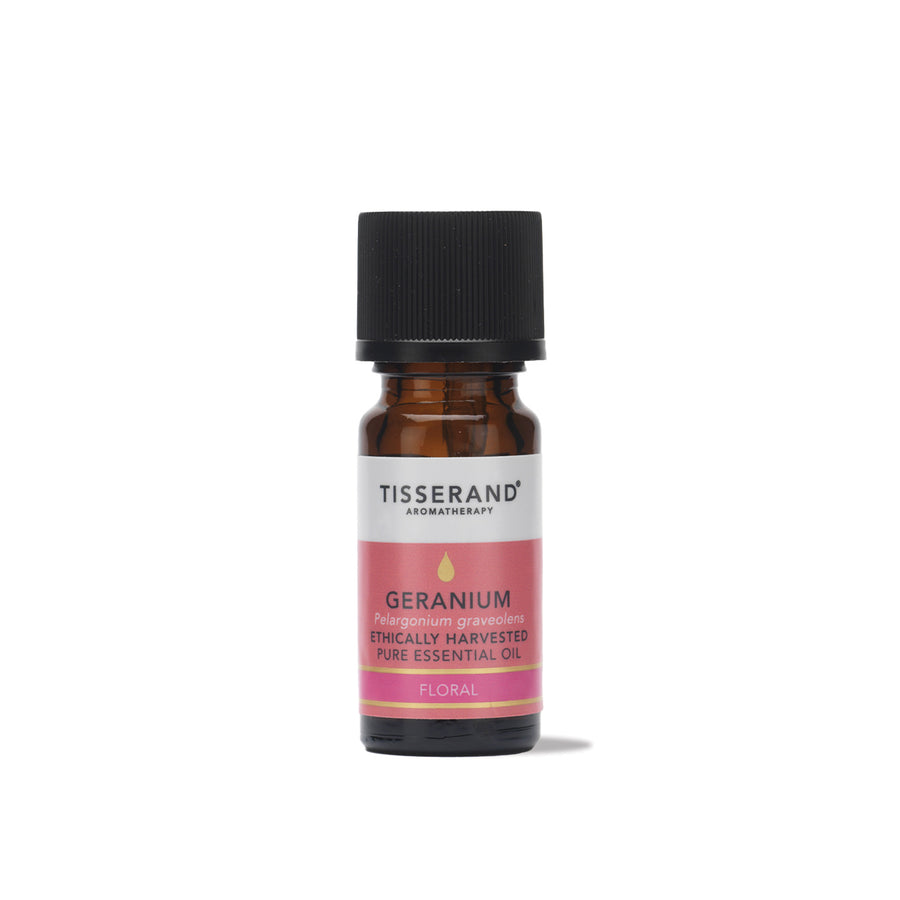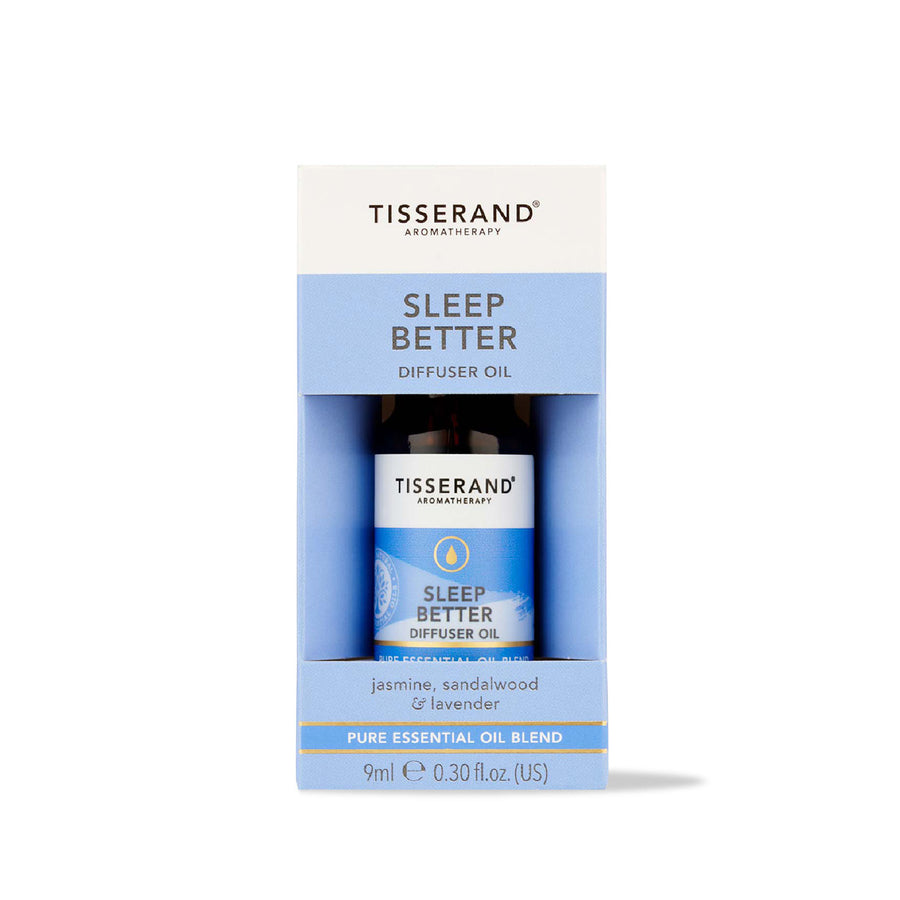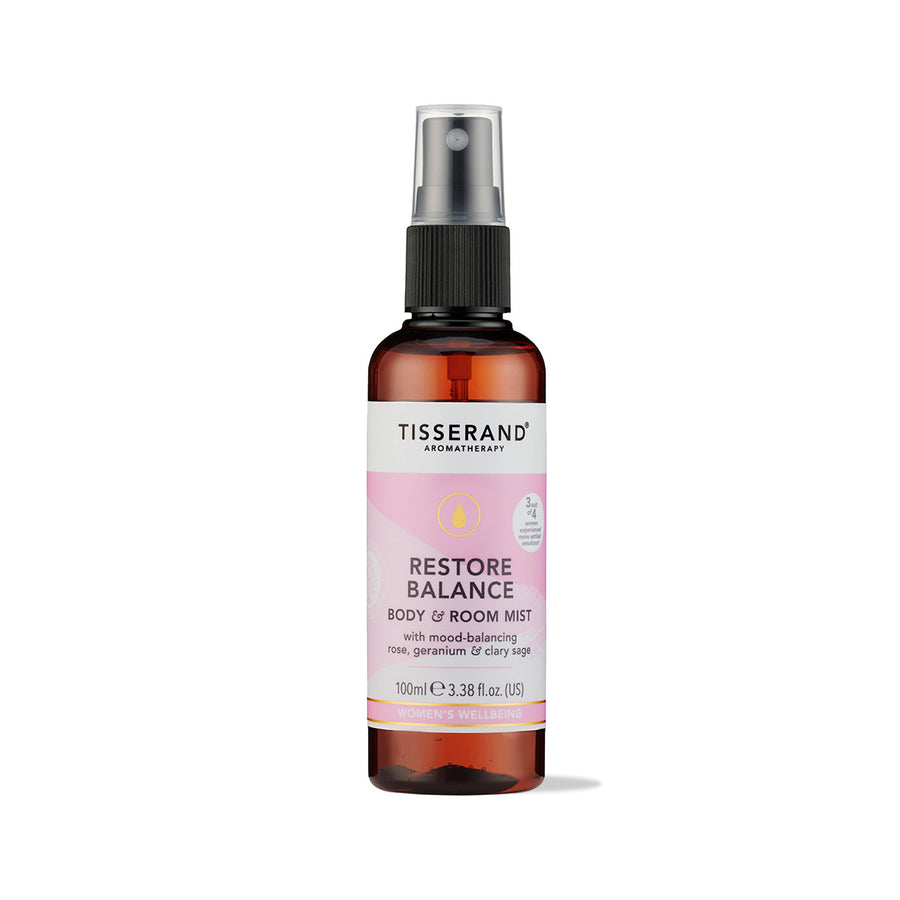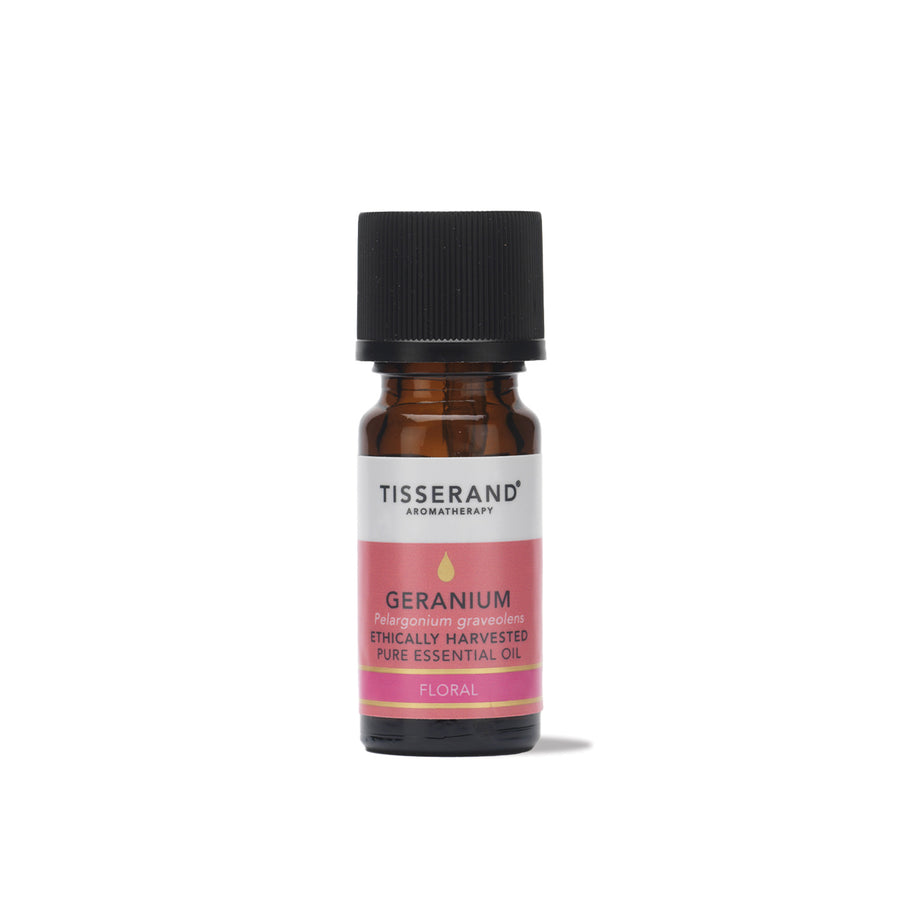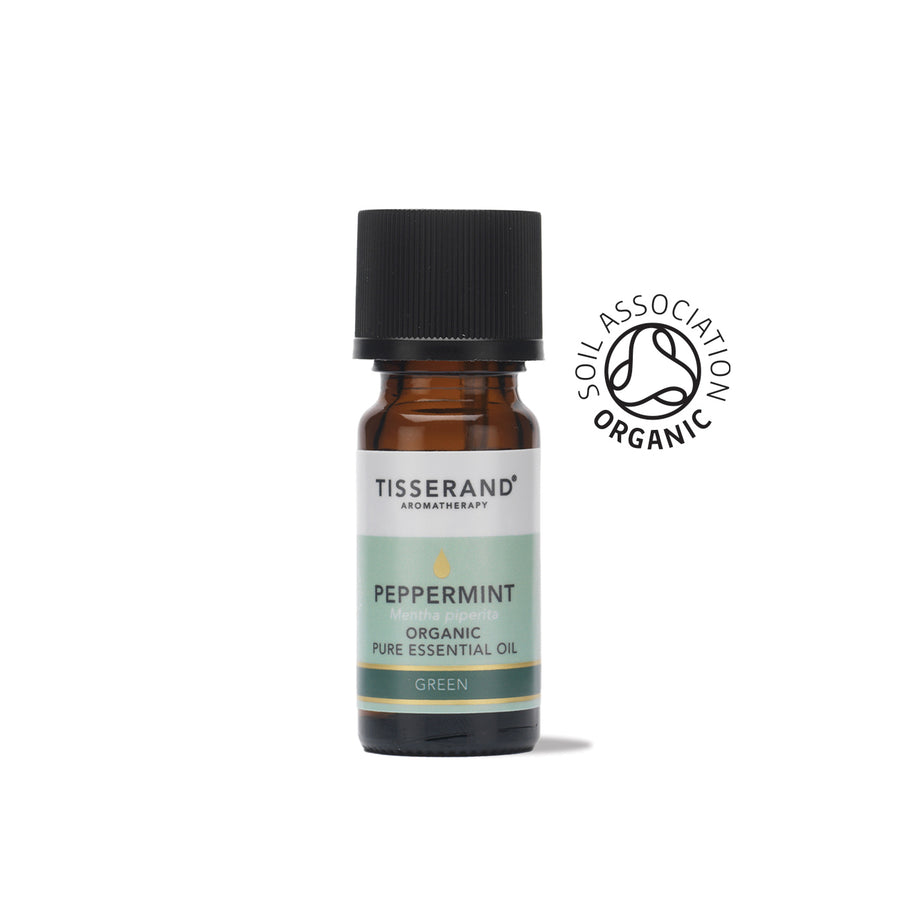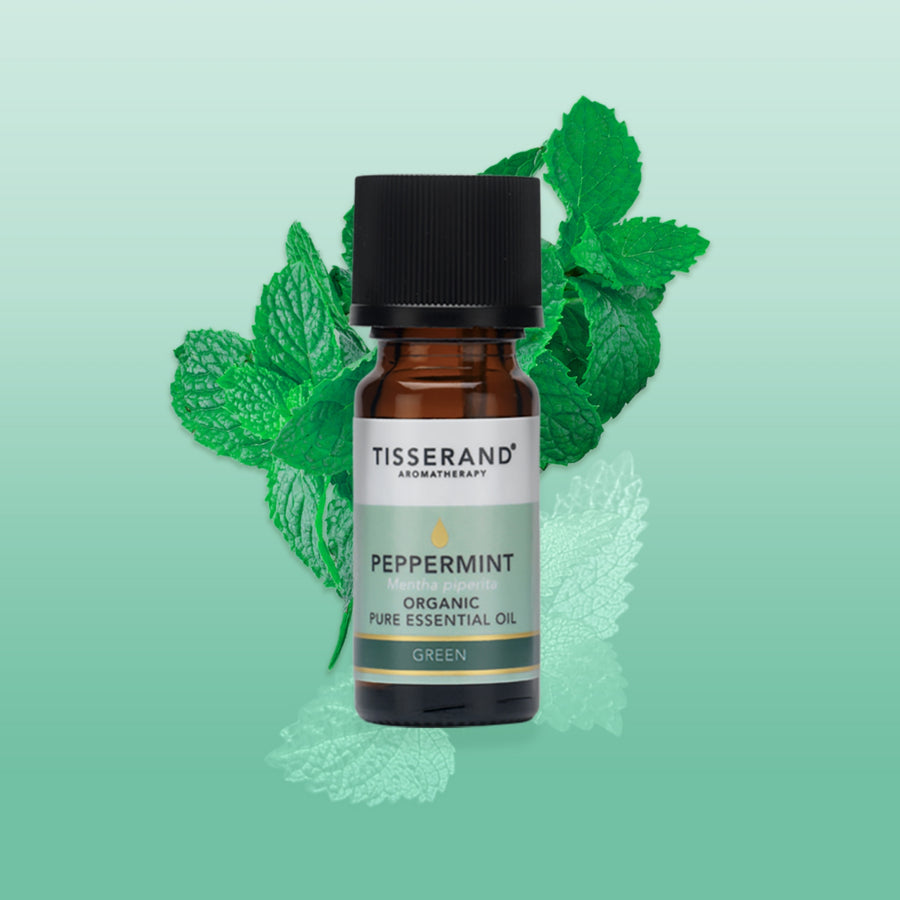Home > All Blog Articles > 3 ways to improve your digestion (that aren’t to do with your diet!)
3 ways to improve your digestion (that aren’t to do with your diet!)

3 ways to improve your digestion (that aren't to do with your diet!)
What comes to mind when you hear the word digestion? Is it the food you put on the table every night? The icky feeling you get in your stomach after you eat a whole pizza? Or the biology lessons you wish you’d paid more attention to in school?
This World Digestive Health Day, we’re steering the focus away from the dinner plate and giving you some alternative food for thought. Alongside your diet, your mental wellbeing plays a key role in your digestive health.
Here are 3 ways to improve digestion today (that aren’t food-related!):
You might have heard of the body's ‘fight or flight’ response. This response is triggered by the sympathetic nervous system, which acts like a gas pedal when a stressor is perceived.
When you’re in this state for a long time, it can affect your appetite, cause abdominal pain, and trigger digestive disorders.
The parasympathetic nervous system is the break peddle. This shifts the body back into ‘rest and digest mode’. As the name suggests, it’s this state we want to be in to improve digestion.
Action: follow these steps to unwind after a stressful day at work to bring your body back into a relaxed state.
Stress is related to a lack of sleep, so everything above applies here.
Sleep also affects your food choices. Notice how you crave sugary processed food when you’re tired? It’s because your body is craving quick energy, even though these foods leave you feeling sluggish in the long run.
That’s only the beginning.
Alack of sleep:
(there’s some suggestion that your sleep position affects your digestion too, although more evidence is needed. The most important thing is the quality and duration of your sleep).
Action: Find a bedtime routine that works for you and make it a ‘non-negotiable’ to ensure you get enough shut-eye each night.
Mindfulness techniques reduce stress and improve sleep, as well as help you connect more deeply with your body.
How often do you rush through your day, grabbing snacks here and there? Or scoffed your dinner down before heading out of the house? We’re all guilty.
Mindfulness is about turning attention inwards, in the present moment, and limiting external distractions.
By slowing down and listening to your body, you’ll be better aware of your hunger cues. By eating slowly and without distractions, known as mindful eating, you’ll be more likely to properly chew your food and give your body time to digest it fully.
Action: Eat, move, and breathe with intention. Learn your body's cues!
At Tisserand, we know that taking care of your mind benefits your body too. We’re proud to share the power of aromatherapy for taking control of your holistic health.
We might not be chefs, but we are experts in mental wellbeing. So while you stock up on your probiotics and leafy greens, we hope you’ll take the time to relax, rest, and tune inward too!
What comes to mind when you hear the word digestion? Is it the food you put on the table every night? The icky feeling you get in your stomach after you eat a whole pizza? Or the biology lessons you wish you’d paid more attention to in school?
This World Digestive Health Day, we’re steering the focus away from the dinner plate and giving you some alternative food for thought. Alongside your diet, your mental wellbeing plays a key role in your digestive health.
Here are 3 ways to improve digestion today (that aren’t food-related!):
1. Stress and digestion
You might have heard of the body's ‘fight or flight’ response. This response is triggered by the sympathetic nervous system, which acts like a gas pedal when a stressor is perceived.
When you’re in this state for a long time, it can affect your appetite, cause abdominal pain, and trigger digestive disorders.
The parasympathetic nervous system is the break peddle. This shifts the body back into ‘rest and digest mode’. As the name suggests, it’s this state we want to be in to improve digestion.
Action: follow these steps to unwind after a stressful day at work to bring your body back into a relaxed state.
2. Sleep and digestion
Stress is related to a lack of sleep, so everything above applies here.
Sleep also affects your food choices. Notice how you crave sugary processed food when you’re tired? It’s because your body is craving quick energy, even though these foods leave you feeling sluggish in the long run.
That’s only the beginning.
Alack of sleep:
- Disrupts circadian rhythms
- Affects hormone secretion
- Weakens the body’s immune system
- Compromises the body’s repair mechanisms
(there’s some suggestion that your sleep position affects your digestion too, although more evidence is needed. The most important thing is the quality and duration of your sleep).
Action: Find a bedtime routine that works for you and make it a ‘non-negotiable’ to ensure you get enough shut-eye each night.
3. Mindfulness and digestion
Mindfulness techniques reduce stress and improve sleep, as well as help you connect more deeply with your body.
How often do you rush through your day, grabbing snacks here and there? Or scoffed your dinner down before heading out of the house? We’re all guilty.
Mindfulness is about turning attention inwards, in the present moment, and limiting external distractions.
By slowing down and listening to your body, you’ll be better aware of your hunger cues. By eating slowly and without distractions, known as mindful eating, you’ll be more likely to properly chew your food and give your body time to digest it fully.
Action: Eat, move, and breathe with intention. Learn your body's cues!
Digestive health goes beyond what you eat
At Tisserand, we know that taking care of your mind benefits your body too. We’re proud to share the power of aromatherapy for taking control of your holistic health.
We might not be chefs, but we are experts in mental wellbeing. So while you stock up on your probiotics and leafy greens, we hope you’ll take the time to relax, rest, and tune inward too!










